📔 Google Wallet + Zero-Knowledge Proofs: The Web3 Tech You Didn’t Know You’d Use This Soon

Google just dropped something big and barely anyone noticed. You can now use Zero-Knowledge Proofs (ZKPs) with Google Wallet. That means you can prove you're over 18 without showing your birthday. Or confirm your country without sharing your exact address.
It sounds small, but it’s actually a huge shift in how Digital Identity works and how much of your info you need to give away online.
🌐 From Blockchain Theory to Daily Life
ZKPs have been the privacy holy grail in Web3 for a while. But most real people? Never touched them.
We’re talking about a tech that was mostly locked away in zk-rollups, cryptographic blog posts, and bleeding-edge wallets.
Now suddenly it’s available inside Google Wallet. And that flips the narrative. This isn’t just for devs anymore.
Let’s break down what’s changed:
| Before | After |
|---|---|
| You had to share your entire ID | You share zero personal info |
| Needed to trust third-party KYC tools | Proof comes from a trusted local source |
| ZK was abstract and hard to use | Now it’s a button in Google Wallet |
It’s a shift from opt-in privacy to default privacy. And it makes crypto-native tech invisible, which is exactly what mainstream adoption needs.
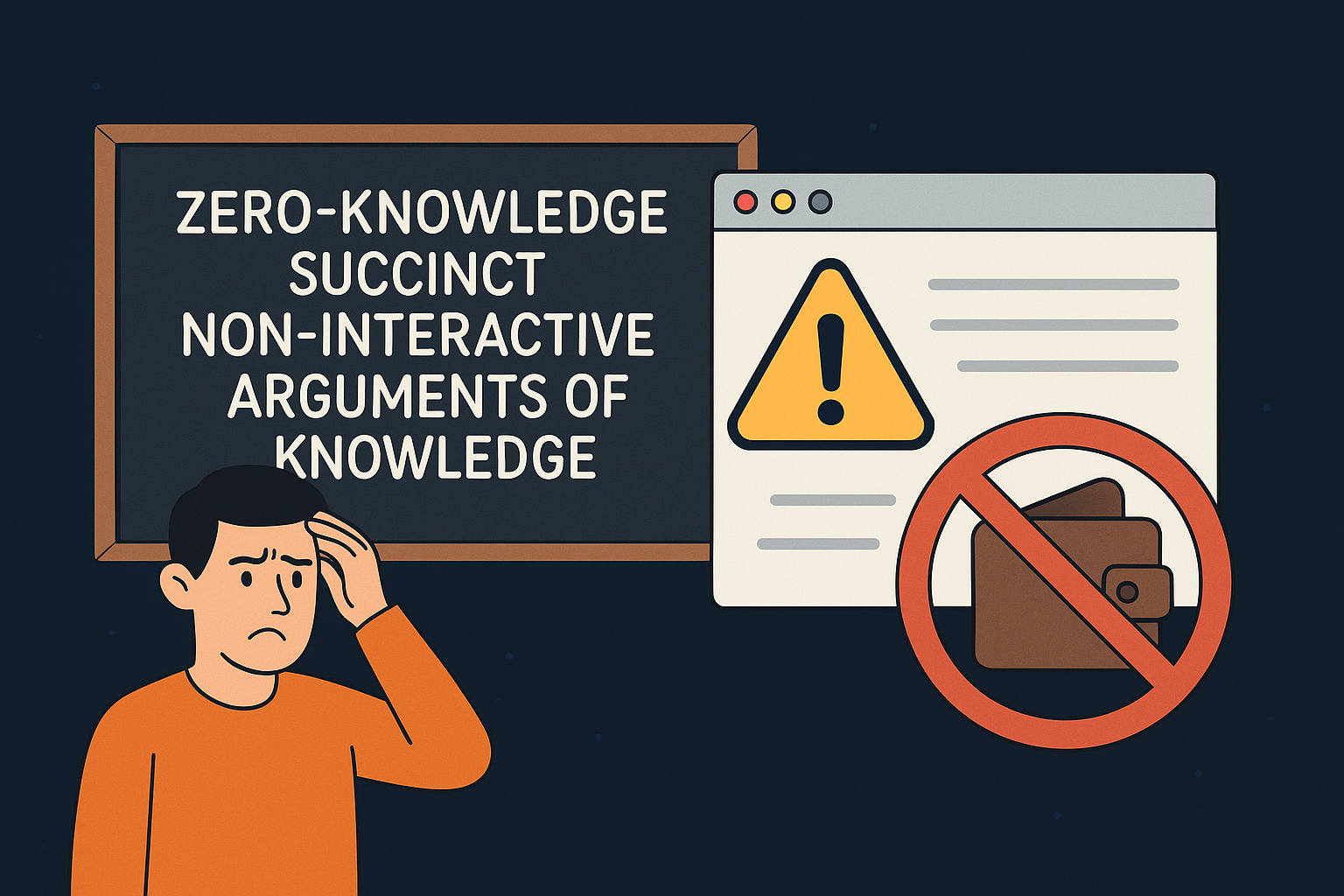
❌ Why ZK Hasn’t Worked Until Now
Let’s be honest. ZK has had a marketing problem.
Here’s where the space messed up:
- Overcomplicating the tech - “Zero-knowledge succinct non-interactive arguments of knowledge” doesn’t exactly scream mass adoption.
- Poor user interfaces - Tools required downloading testnet wallets or reading entire GitHub pages.
- Wrong priorities – Builders focused on proving it could work, not how it should feel.
Google did the opposite.
- No Web3 terms.
- No wallets to install.
- No friction at all.
It’s not just a good ZK experience. It’s the first one most people will actually have.
🛠️ What Makes Google’s Approach Different
This isn’t some whitepaper fantasy. It’s working now. And it works because of design, not hype.
Here’s what they nailed:
▫️ Integrated flow – No new app, no weird onboarding.
▫️ Context-based proofs – You prove exactly what’s needed. Nothing more.
▫️ Social trust layer – It rides on Google’s UX reputation, not DeFi vibes.
It's privacy-as-a-service, and it feels like autofill, not a dApp.
Also, this sets a new baseline. Google just made frictionless privacy feel... obvious.
So now, every Web3 product asking for full KYC? Looks outdated.

🧪 How It Plays Out in the Real World
Let’s say you're signing up for an online service that requires you to be 18+.
Old way:
- Upload your ID.
- Wait hours or days.
- Cross your fingers your data doesn’t get leaked.
New way:
- Tap “Verify with Google Wallet.”
- The platform gets a “yes” or “no.”
- That’s it.
You keep your info. They stay compliant. Nobody’s storing your birthdate on some dusty server.
It’s not just secure. It’s cleaner. Simpler. Better for everyone.
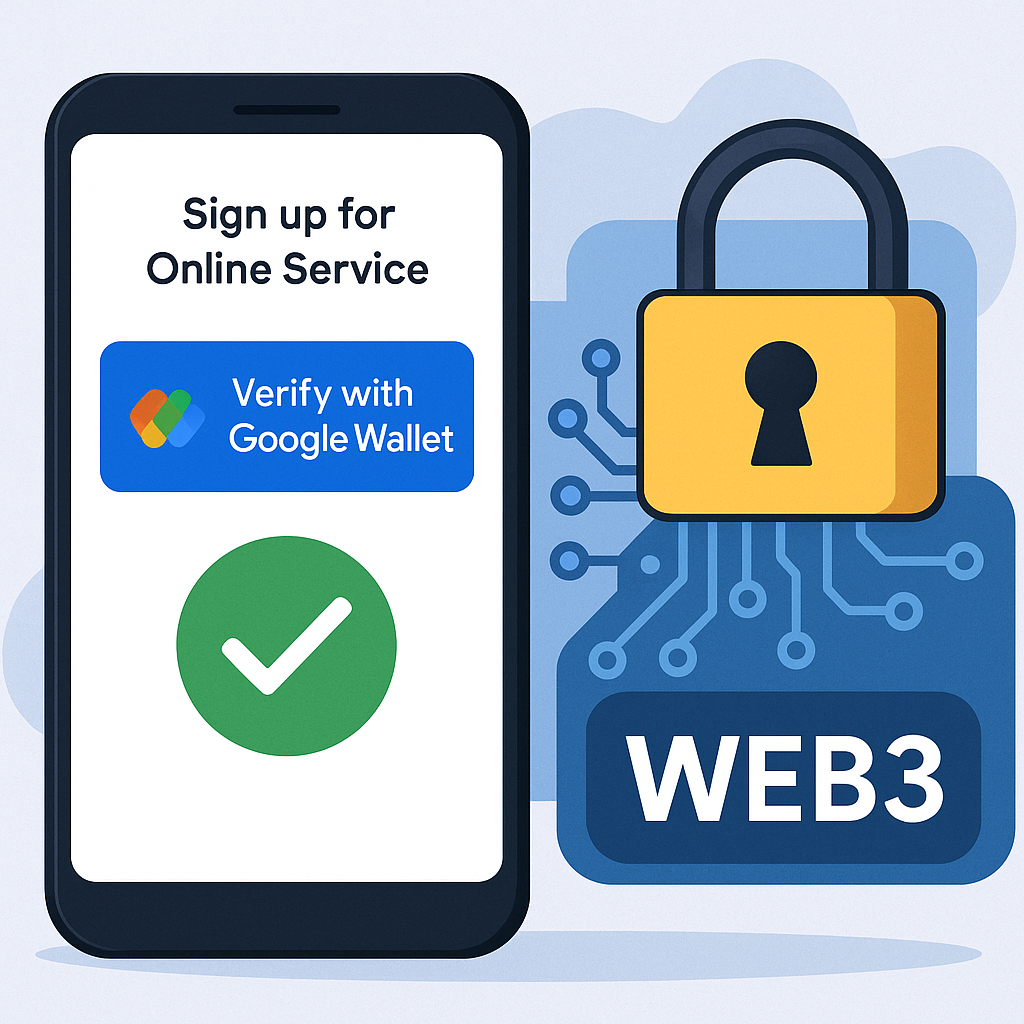
🚦 What This Means for the Future of Web3
You won’t see “ZK tech” in Google Wallet’s update notes. That’s the point.
It’s invisible and powerful.
This move from Google flips the script:
- Web3 privacy tools can scale without being labeled “Web3.”
- On-chain doesn’t have to mean on-display.
- Mass adoption won’t feel like adoption. It’ll just feel better.
The takeaway?
ZK is here. Quiet. Smooth. Useful. And already in your phone.
And that’s probably how all good tech should show up.
I hope you guys enjoyed this thread about Mitosis. If you have any feedback feel free to hit me a dm on https://x.com/FarmingLegendX

If you want to check out my latest Mitosis University Articles you can visit them here:

How to grow on your Social Brand on X leveraging Kaito
Read It Now

Bibliography
Official Mitosis Documentation & Whitepapers
Mitosis Team. (2024). Mitosis: Network for programmable liquidity [Whitepaper]. Mitosis Documentation. Retrieved from https://docs.mitosis.org
Partnerships & Collabs
Google Wallet integrates ZK-Proof : Retrieved from https://www.theblock.co/post/352865/google-wallet-integrates-zk-proofs-a-tech-incubated-by-crypto-industry
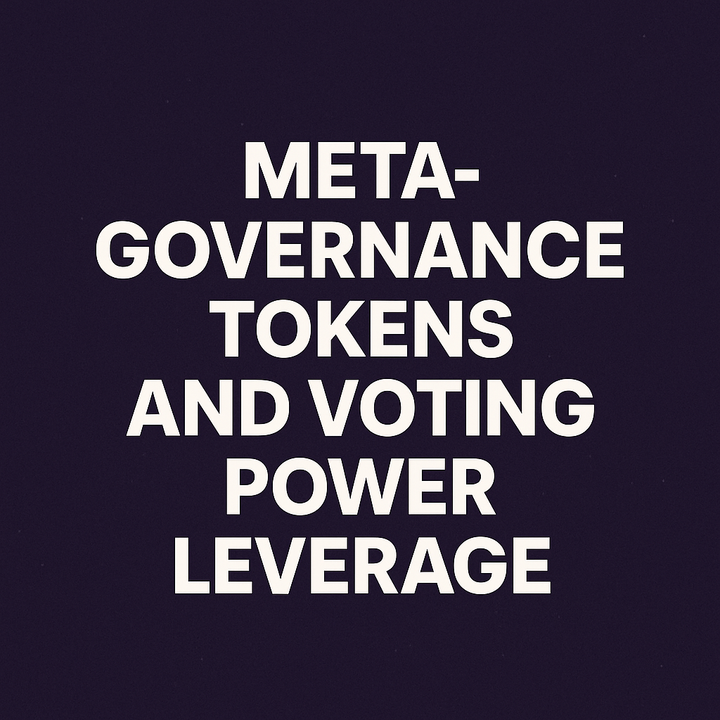
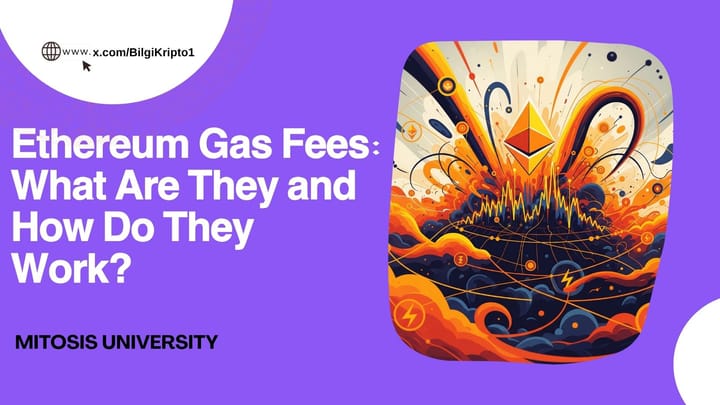
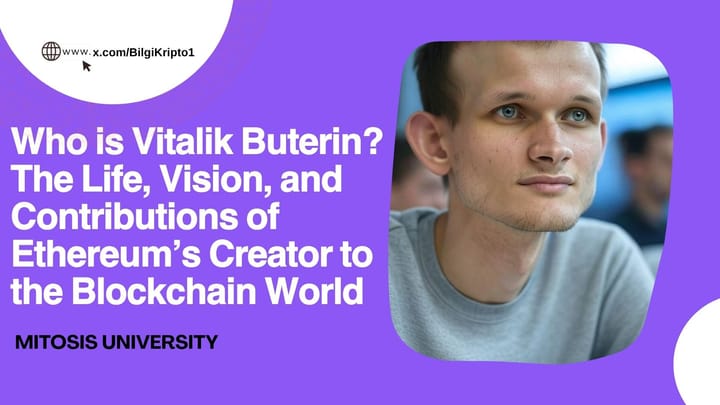
Comments ()